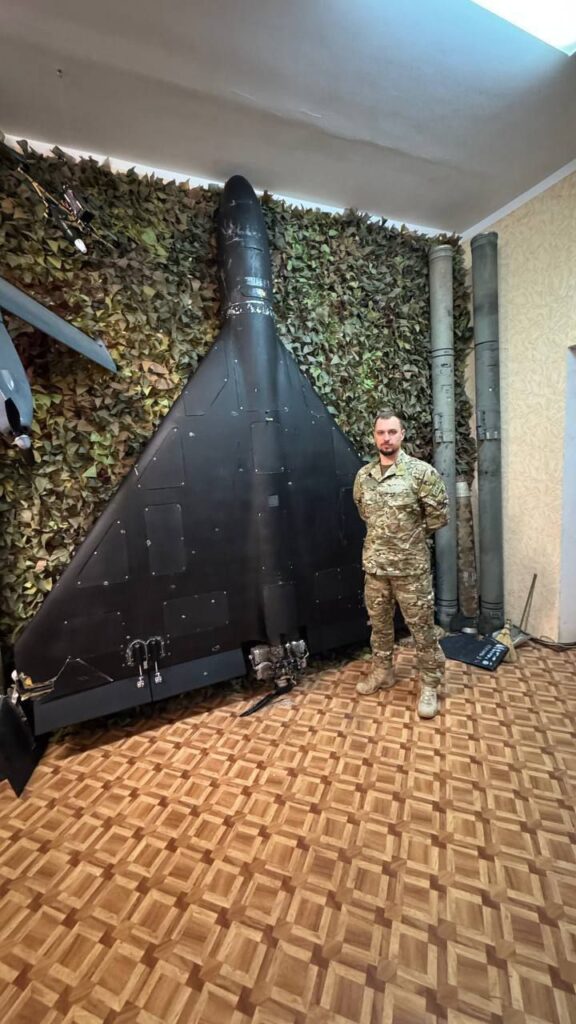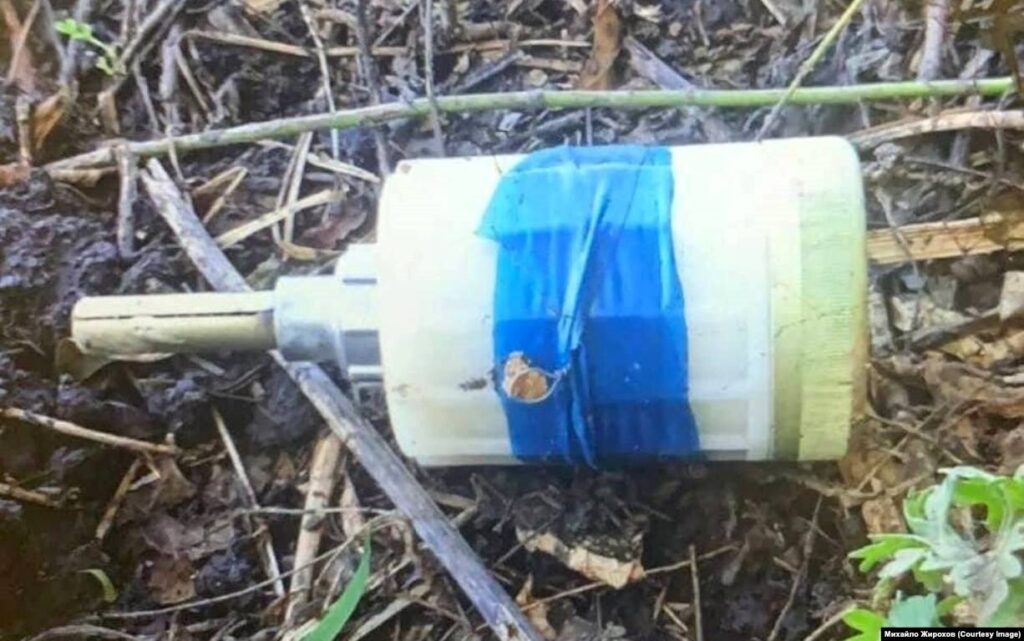Russian attack on Polish factory in Ukraine regarded as possible message to Warsaw after Kyiv’s aid meeting in Lublin

“Putin’s criminal war is approaching our borders,” the Polish Foreign Minister Radosław Sikorski has emotionally declared after the strike on Barlinek. On 16 July, a Russian drone attack on Ukraine damaged the Polish company Barlinek in the city of Vinnytsia.
Russia perceives Poland as one of its main adversaries among the EU and NATO countries. The Kremlin regularly accuses Warsaw of supporting Ukraine. In 2025, Poland has recorded instances of Russian sabotage against its targets, such as the fire at a large shopping center in Warsaw, which Poland officially linked to the activities of Russian intelligence services.
As a result of the strike, two employees were hospitalized in serious condition, suffering from numerous burns.
“Russian drones struck the Barlinek group’s factory in Vinnytsia. The factory director just told me this was done deliberately from three directions. There are wounded, two of them with severe burns,” Sikorski wrote on X.
Barlinek is a global manufacturer of wooden flooring, supplying products to 75 countries across 6 continents. The company also produces sports flooring, skirting boards, and biofuel pellets and briquettes for fireplaces. The Vinnytsia factory was opened in 2007.
Ukrainian emergency services and representatives of the Polish consulate were working on the attack site.
The Polish Foreign Ministry has informed a Russian diplomat that the products of the Polish company Barlinek in Ukraine serve civilian purposes. Therefore, Russia’s strike on the company’s factory in Vinnytsia violates international law and may have legal consequences in the future, UkrInform reports.
Paweł Wroński, the Polish Foreign Ministry’s spokesperson, says that the bombing of the Barlinek factory could be connected to the meeting of the Ukrainian, Polish, and Lithuanian foreign ministers of the Lublin Triangle in Lublin.
Ukraine, Poland, and Lithuania form new alliance to counter Putin’s weaponized historic narratives amid war of attrition
The main objective of these annual meetings, established in 2020, is to strengthen mutual military and cultural ties between the three countries and to support Ukraine’s integration into the EU and NATO.
Barlinek’s CEO, Wojciech Michałowski, reports that the attack severely damaged the factory. Production at the facility will be suspended for at least six months.
